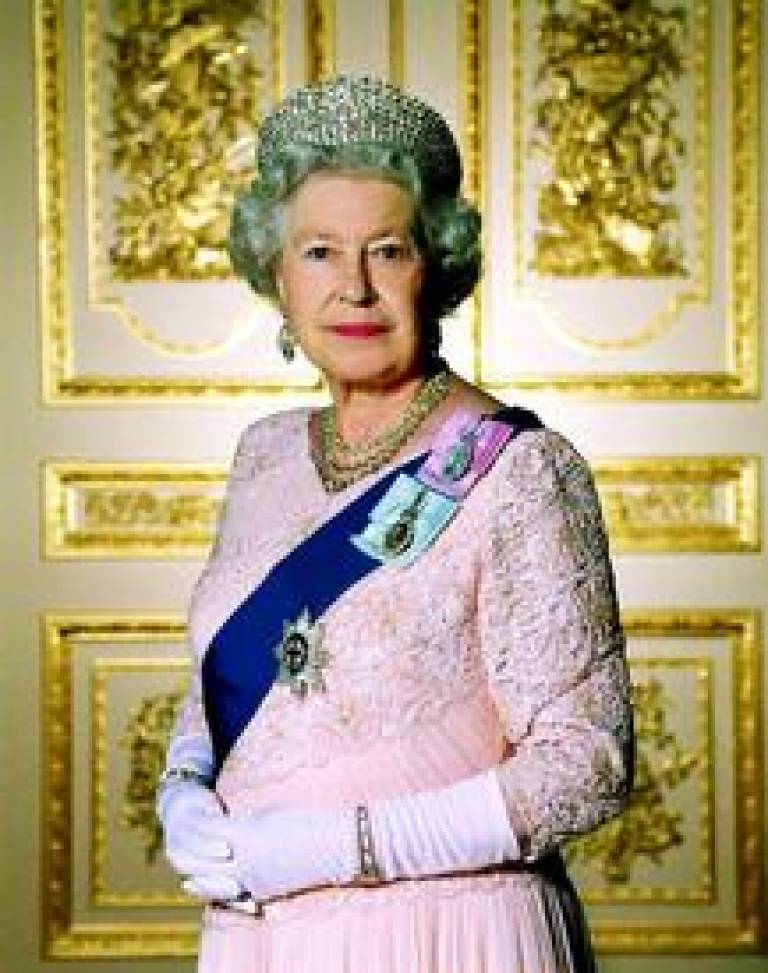Press release: Diamond Jubilee is a tribute to self-sacrifices required by the Monarchy
1 June 2012

In TV interviews to mark the Queen's Diamond Jubilee, the Director of the Constitution Unit Prof Robert Hazell has been commenting on the Queen's very strong sense of public duty, and reflecting on the self-sacrifice required by the Monarch and those in line of succession to the throne.
"We all pay tribute to the Queen's lifelong devotion to public service, and the tireless way she has represented and served the nation for 60 years" Prof Hazell said. "During the celebrations it is worth just pausing and recognising the demands we make of the Monarchy. We take the Monarchy for granted, but it does require some extraordinary sacrifices on their part".
First is the requirement of lifelong service. The Queen is 86, and has been working as Monarch for 60 years, with no prospect of retirement. She maintains a punishing work programme, including official visits not just around the UK, but to the overseas countries of which she is also head of state. And Prince Charles has spent the whole of his adult life waiting and preparing for a role on which he has yet to embark. That too requires lifelong commitment.
Second is the loss of freedom. The Queen, Prince Charles and Prince William have to abandon freedoms which we take for granted. Freedom of privacy and family life; freedom of expression; freedom to travel where we like; free choice of careers; freedom of religion; freedom to marry whom we like. For the Royal family these basic human rights are all curtailed. They are seen to lead privileged lives in material terms; but they pay a heavy price for that privilege.
The loss of freedoms can be exemplified as follows:
- Right to privacy: the hacking of Prince William and Prince Harry's phones; speculation about whether William and Kate will have a baby.
- Freedom of expression: the scrupulous neutrality required of the Queen and senior Royals on all political matters.
- Freedom to travel: visits overseas can only be taken with the advice and approval of the Foreign Office.
- Choice of careers: for Prince Charles and Prince William these are effectively limited to military and charitable and good works.
- Freedom of religion: the Monarch must be in communion with the Church of England, and those in the line of succession cannot themselves be or be married to a Catholic (the latter restriction is due to be removed with planned changes to the law on succession).
- Freedom to marry: requires consent under the Royal Marriages Act, on the advice of the government.
 Close
Close


